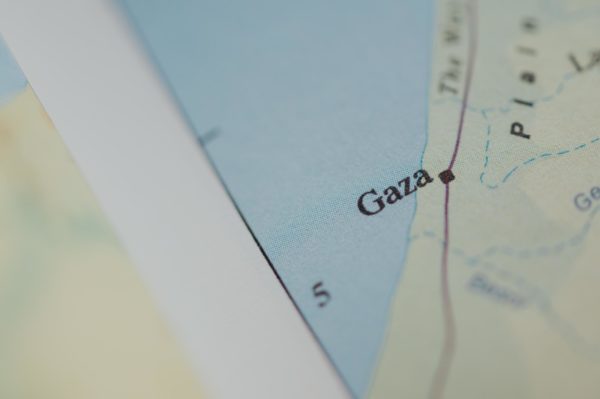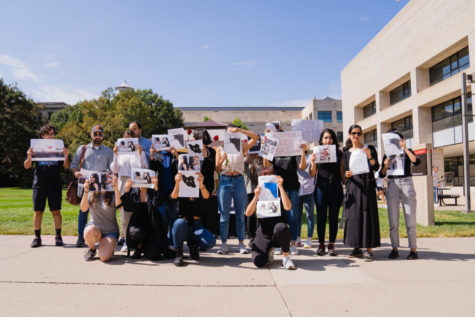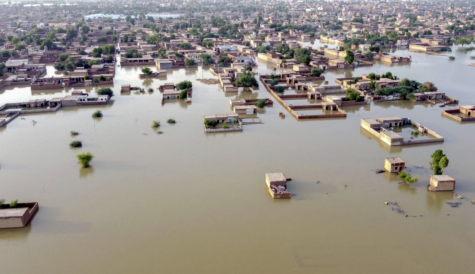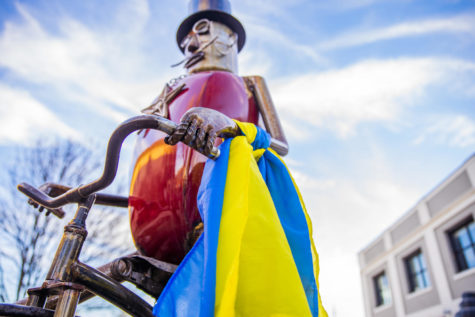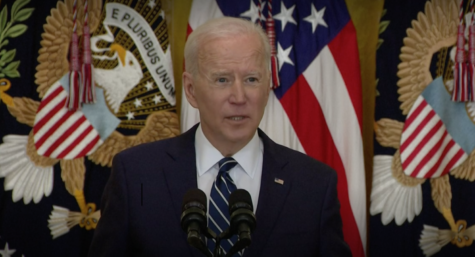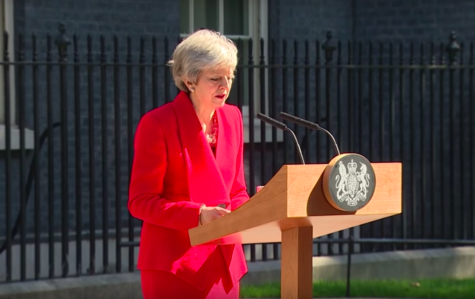South Koreans cast wary eyes to the North
January 31, 2013
NEAR THE DEMILITARIZED ZONE, South Korea — Kim Jin Young peered through powerful binoculars across the last frontier of the Cold War.
He traveled from Seoul by bus, along with dozens of other curious day-trippers, many with their young children, to visit the Odu Mountain public observatory here, which overlooks a heavily-guarded stretch of the border with North Korea.
This is the closest many South Koreans ever get to their increasingly hostile, northern neighbor.
“North Korea’s military capability is pretty big, and South Korea’s military is preparing for it,” Kim says, counting the numerous military outposts positioned along the river banks below.
“But I am quite concerned because security awareness of the South Korean public is not great, and we need to strengthen it.”
He has good reason to worry. Just days before, the regime in Pyongyang, hit by a fresh round of U.N. sanctions over it recent satellite launch, issued a direct threat to the South.
In an angry statement, North Korean officials pledged to conduct a third nuclear test, vowing that if South Korea supports the sanctions it would use “strong physical countermeasures” against “the group of puppet traitors” in Seoul, a phrase often used by Pyongyang when it talks about the South Korean government.
It’s unclear what the isolated state may have in mind.
The South Korean president’s office released a statement Thursday urging North Korea to “immediately stop with its provocative language and movement and abide by its international obligations.” It warned that “if North Korea is to make misjudgments and carry out with additional provocations,” that a “severe outcome” would result.
President Lee Myung-bak ordered the South Korean defense minister to prepare a strong response if North Korea follows through with a nuclear test.
In the past, the North has shelled territory in the south. It’s also accused of sinking a South Korean warship in 2010, killing more than 40 sailors.
“Whenever North Korea makes such comments, we need to be very concerned,” said Kim Jong Soon, another visitor to the Odusan Unification Observatory.
Read more: North Korea on Google Maps: Monuments, nuclear complex, gulags
“After the recent shelling of our island by the North in 2010, there was a lot of damage. That’s why South Koreans should be very concerned now,” he added.
South Korean Launch
After North Korea’s successful December satellite launch, Pyongyang’s state television broadcast continuous scenes of orchestrated jubilation.
Thousand of North Koreans were shown thronging the streets in celebration, as their rivals in the South smarted at being beaten in the race to launch a satellite. How could a regime as impoverished as that in Pyongyang better the high-tech South, many South Koreans asked.
But the technological coup was quickly answered in Seoul.
South Korea finally lifted its own satellite into orbit Wednesday, after two previous failed attempts.
Spectators watched, nervously, as the Naro rocket, built with Russian help, blasted into orbit. Officials confirmed its small satellite was successfully deployed in space.
South Korea’s past experience with rockets has been patchy. Its first launch in 2009 reached orbit, then failed to detach. The second, a year later, exploded just two minutes into its flight.
North Korea has not reacted to South Korea’s success.
But this region appears to be amid a tense and accelerating space race. In recent days, Japan has launched spy satellites to monitor the region. China and the U.S. say they’ve tested missile interceptors.
And now South Korea has joined Pyongyang in that elite space club.
—CNN’s KJ Kwon contributed to this report.






